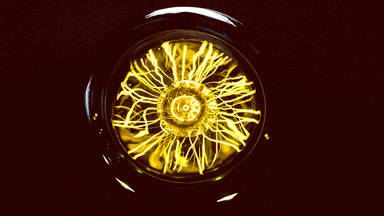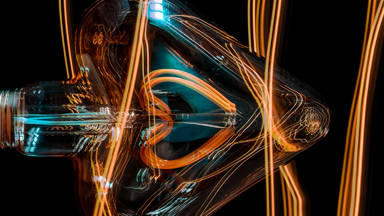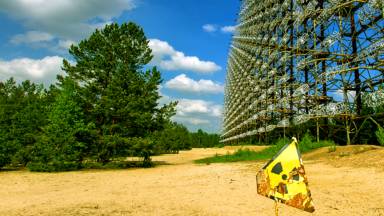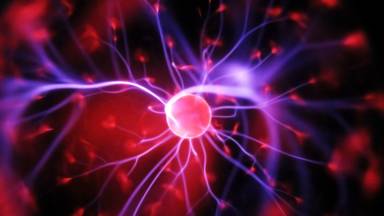
Yeasts, which are actually a kind of fungus, were used for the preparation of foods, such as bread or vegan cheese so far. But recently, in one of the latest scientific advances, scientists have been able to use a type of yeast in the perfume industry.
Scientists at Ginkgo Bioworks, a biotech company founded by scientists from MIT in 2009 in Boston, USA, are producing a romantic, rose-like fragrance that is made from genetically engineered yeasts.
They hope to be able to use this technology to create a wide range of perfumes; perfumes that even the most exacting customers will not be able to differentiate from the other perfumes in the market.
In Europe and America, the rose infusion used in perfumery is taken from large rose gardens across these continents. But scientists are concerned that due to climate change or the occurrence of natural disasters, we will not be always able to make extensive use of these flowers, which is why scientists are trying to find a substitute for rose flowers to produce perfumes.
They then manipulated the genomes of certain yeasts and added genes from the roses and some other plants and initiated several metabolic reactions in them. During the testing process, researchers grew thousands of yeast strains, each genetically engineered for a single enzyme. Within the mixture, genetically engineered yeast is synthesizing lactones, a class of molecules accountable for the fragrances of fruits and flowers.
These scientists are also trying to produce other flower extracts in a new way using yeasts. Numerous flowers in nature, have a wonderful aroma, but after extracting the essences in the usual way, it's no longer possible to smell the exact same scent.
Backed by its achievement with fragrances, Ginkgo Bioworks is applying similar methods to produce organic pesticides, industrial enzymes, and products for human health.









